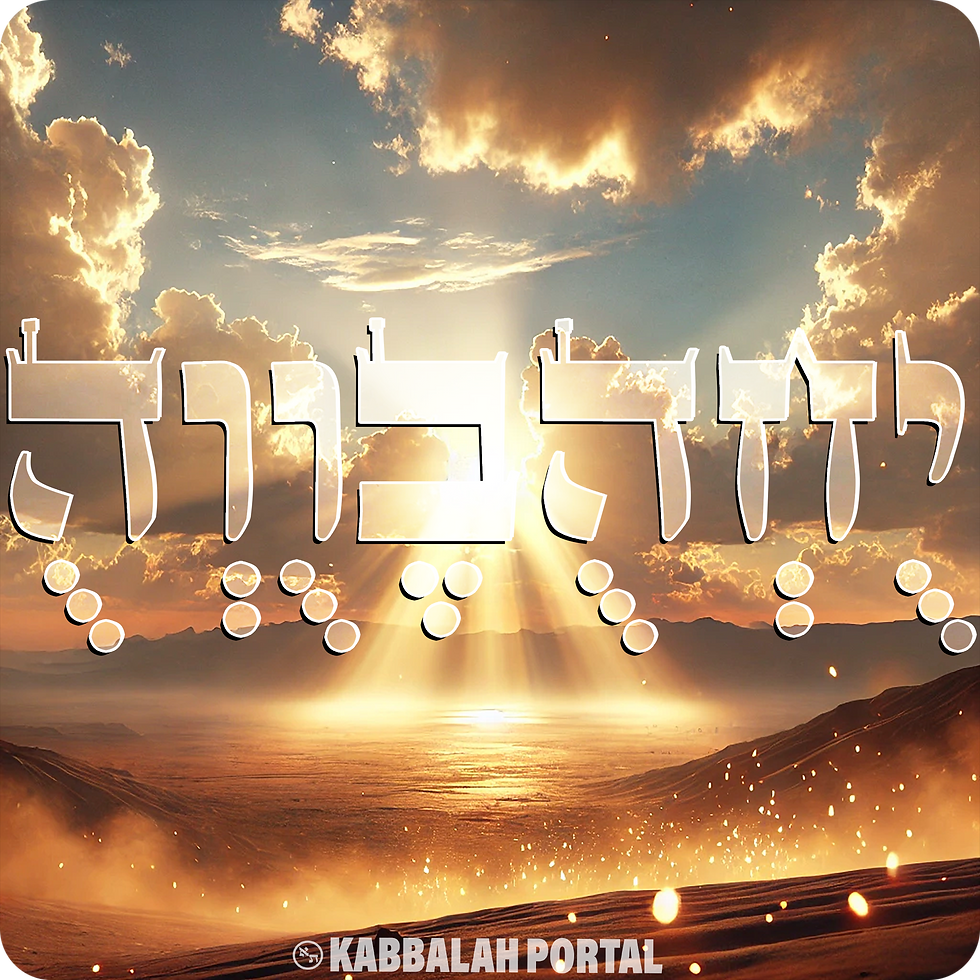21 Days of Opportunity
- Vi Myers
- Jul 25, 2024
- 3 min read
Updated: Jul 14, 2025
We have now entered the period known as the Three Weeks, or Yemei Ben HaMetzarim, we are stepping into one of the most profound and intense times in the Kabbalistic calendar. This span, beginning with the 17th of Tammuz and culminating on Tisha B’Av, marks a period of mourning, reflection, and ultimately restructuring. But what makes these three weeks so significant, and how can we harness their unique energy for spiritual growth?
The Historical Significance
The Three Weeks commemorate a series of tragic events, most notably the breaching of the walls of Jerusalem on the 17th of Tammuz and the subsequent destruction of the First and Second Temples on Tisha B’Av. These events are not merely historical; they are the physical representation of the Supernal expression of judgment from the two houses. They remind us of the fragility of our existence and the need for constant spiritual vigilance.
The Kabbalistic Perspective
From a Kabbalistic standpoint, the Three Weeks are a time when the barriers between the physical and spiritual worlds are thinner. This period is energetically intense, providing a powerful window for introspection and reengineering. The Kabbalists teach that during these weeks, the forces of judgment (Din) are at their peak, and our actions and intentions can significantly impact the spiritual landscape.
Why This Time is Critical for Spiritual Work
Spiritual work during the Three Weeks is not just about mourning past tragedies; it is about transforming our present and future. According to Kabbalistic teachings, this period offers us the opportunity to elevate our desires and align them with higher, more awakened states of consciousness. By engaging in deep, reflective practices, we can filter out the denser, more judgmental energies and recode them into forces of peace and compassion.

The Paradox of Tisha B’Av
While Tisha B’Av is the saddest day in the Kabbalistic calendar, it also holds a profound paradox. According to Kabbalistic sages, Tisha B’Av is not only a day of mourning but also a day of hope. It is believed to be the birthday of Moshiach (the Messiah), signifying the potential for redemption and renewal. This paradox highlights the deep Kabbalistic truth that within the greatest darkness lies the seed of ultimate light. The destruction of the Temples, though a monumental tragedy, is also seen as paving the way for the final and eternal redemption.
Embracing the Refactoring
The ultimate goal of engaging in spiritual work during the Three Weeks is to embrace the refactoring that this period offers. By aligning with the intense energies of this time, we can experience profound shifts in our spiritual journey. This process is about more than personal growth; it’s about contributing to the collective healing and elevation of the world.
Upcoming Interactive Study and Meditation Session
We invite you to join us next Tuesday at 11:30AM for an engaging study session that will delve deeper into the significance of the Three Weeks. This session will include an interactive meditation, allowing participants to experience firsthand the refining power of this sacred time.
Conclusion
As we journey through these 21 Days, let us embrace this time with a deep sense of purpose and spiritual awareness. By reflecting on our actions and refactoring our energies, we not only honor our past but also actively create a brighter, more compassionate future. The power of these weeks lies in their ability to bring us closer to our true selves and to the divine, guiding us towards peace, understanding, and profound spiritual growth.
Updated: 8/6/2024 9:21A CST
3 Weeks Guided Meditation with Michael Elchadif




Comments